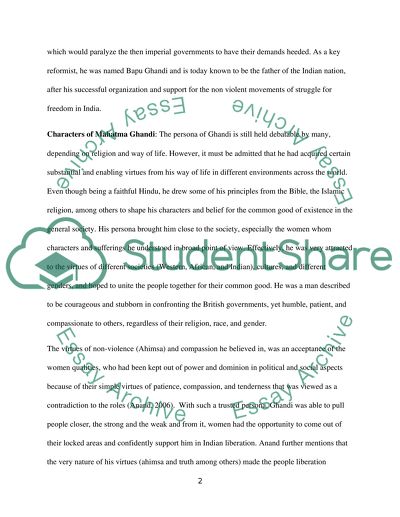Cite this document
(“Assess the importance of Ghandi to Indian nationalism Essay”, n.d.)
Retrieved from https://studentshare.org/history/1470596-assess-the-importance-of-ghandi-to-indian
Retrieved from https://studentshare.org/history/1470596-assess-the-importance-of-ghandi-to-indian
(Assess the Importance of Ghandi to Indian Nationalism Essay)
https://studentshare.org/history/1470596-assess-the-importance-of-ghandi-to-indian.
https://studentshare.org/history/1470596-assess-the-importance-of-ghandi-to-indian.
“Assess the Importance of Ghandi to Indian Nationalism Essay”, n.d. https://studentshare.org/history/1470596-assess-the-importance-of-ghandi-to-indian.


